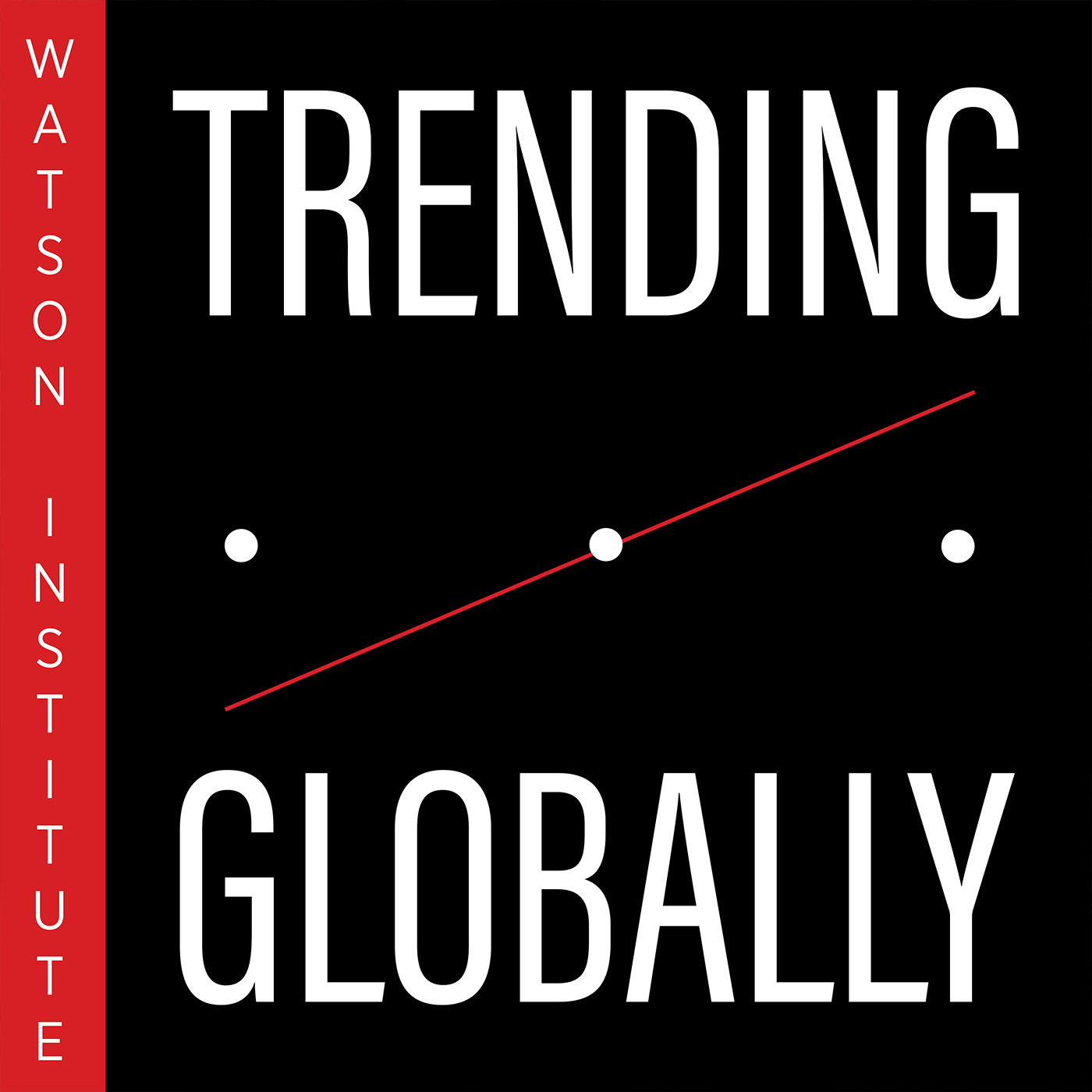- After-Shows
- Alternative
- Animals
- Animation
- Arts
- Astronomy
- Automotive
- Aviation
- Baseball
- Basketball
- Beauty
- Books
- Buddhism
- Business
- Careers
- Chemistry
- Christianity
- Climate
- Comedy
- Commentary
- Courses
- Crafts
- Cricket
- Cryptocurrency
- Culture
- Daily
- Design
- Documentary
- Drama
- Earth
- Education
- Entertainment
- Entrepreneurship
- Family
- Fantasy
- Fashion
- Fiction
- Film
- Fitness
- Food
- Football
- Games
- Garden
- Golf
- Government
- Health
- Hinduism
- History
- Hobbies
- Hockey
- Home
- How-To
- Improv
- Interviews
- Investing
- Islam
- Journals
- Judaism
- Kids
- Language
- Learning
- Leisure
- Life
- Management
- Manga
- Marketing
- Mathematics
- Medicine
- Mental
- Music
- Natural
- Nature
- News
- Non-Profit
- Nutrition
- Parenting
- Performing
- Personal
- Pets
- Philosophy
- Physics
- Places
- Politics
- Relationships
- Religion
- Reviews
- Role-Playing
- Rugby
- Running
- Science
- Self-Improvement
- Sexuality
- Soccer
- Social
- Society
- Spirituality
- Sports
- Stand-Up
- Stories
- Swimming
- TV
- Tabletop
- Technology
- Tennis
- Travel
- True Crime
- Episode-Games
- Visual
- Volleyball
- Weather
- Wilderness
- Wrestling
- Other
Why the West is thinking about the coup in Niger all wrong
This summer, military forces in the West African country of Niger pushed the country’s president, Mohamed Bazoum, out of power.This was not the first coup in Niger’s history, or in the recent history of the Sahel region of Africa. In the last few years there have been coups in multiple countries in the region, including Burkina Faso and Mali. But this one has put the West especially on edge. Why?Listening to U.S. officials or much of the reporting on the topic, you’d think this coup has huge ramifications for the fight against Islamist militant groups in West Africa, and for the U.S. and Russia’s race to gain influence across Africa. But as Stephanie Savell, an expert on U.S.-Niger relations and a co-director of the Costs of War Project at the Watson Institute, explains, those framings of the coup largely miss what’s really going on in the region. And worse still — they might actually make it more difficult to bring peace and stability to this part of the world. Read more from Stephanie Savell on the coup in NigerTranscript coming soon to our websiteLearn more about the Costs of War projectLearn more about the Watson Institute’s other podcasts

